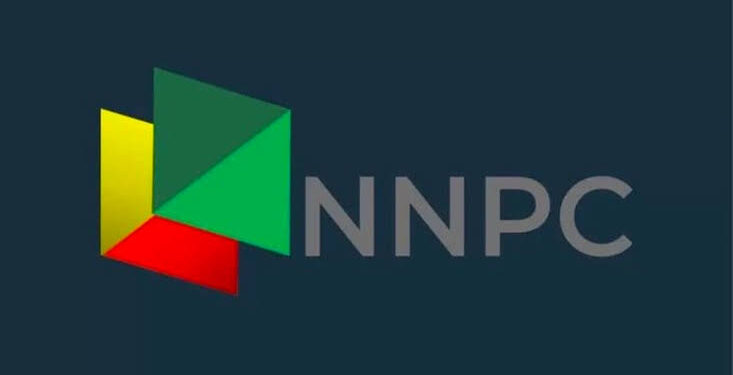Tensions escalate as the Nigerian National Petroleum Company Limited (NNPC) and fuel marketers, represented by the Independent Petroleum Marketers Association of Nigeria (IPMAN), engage in a heated dispute over the removal of the subsidy on petrol.
This clash unfolds against the backdrop of the depreciation of the naira against the United States dollar, with official and black market rates standing at 998/dollar and 1,225/dollar, respectively.
Economists weigh in, suggesting an uptick in the petrol subsidy due to the declining naira. In contrast, the NNPC staunchly maintains its position, asserting full cost recovery on the importation of Premium Motor Spirit (PMS).
The ongoing disagreement underscores the intricate dynamics surrounding subsidy reduction, with diverse perspectives on its economic, social, and political ramifications.
Adding to the complexity, the World Bank’s stance on the subsidy and the persistent decline of the naira further complicate the situation.
The naira’s recent closure at N988.46/$ on the first day of official trading on the Investors and Exporters Window reflects an 8.97% decline from its previous closing. Bloomberg reports label the naira as one of the worst-performing currencies in 2023, having lost approximately 55% of its value.
Analysts anticipate the continued downward momentum of the naira into 2024.
This trajectory hinges on the Central Bank’s policy actions and the government’s initiatives to bolster dollar inflows and instill confidence in the market.
The World Bank’s December Nigeria Development Update underscores the imperative of increased Foreign Exchange (FX) supply to stabilize the naira, shedding light on the challenges and potential remedies within Nigeria’s intricate economic landscape.












